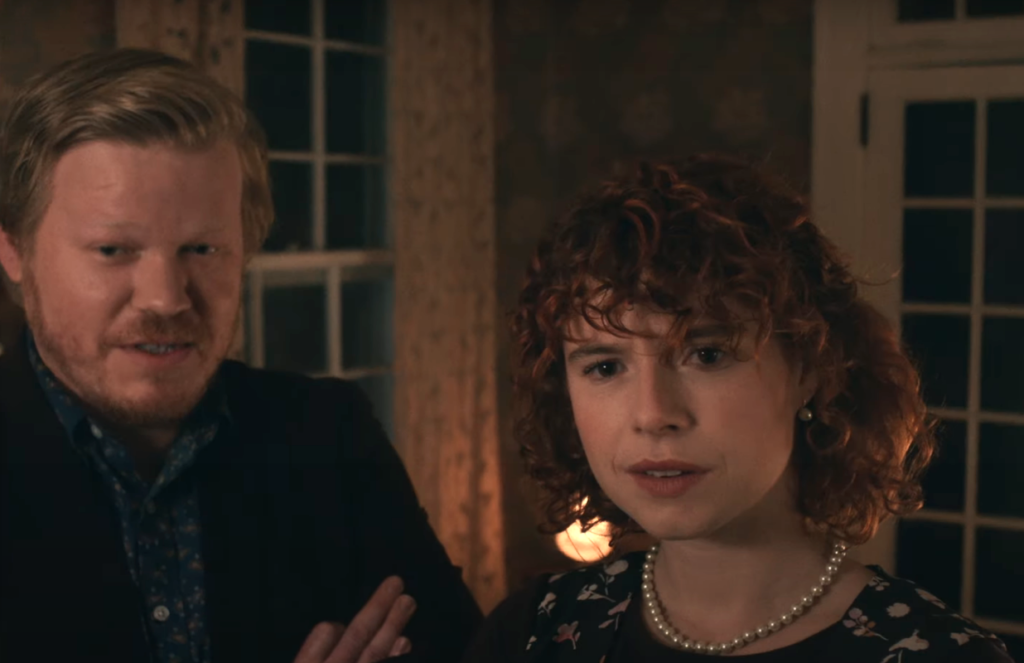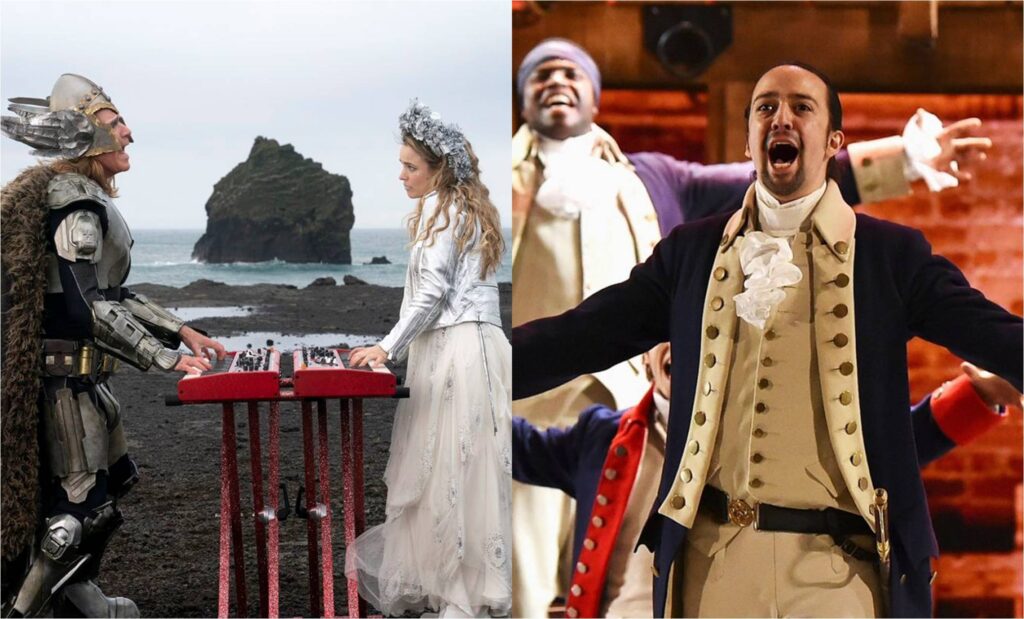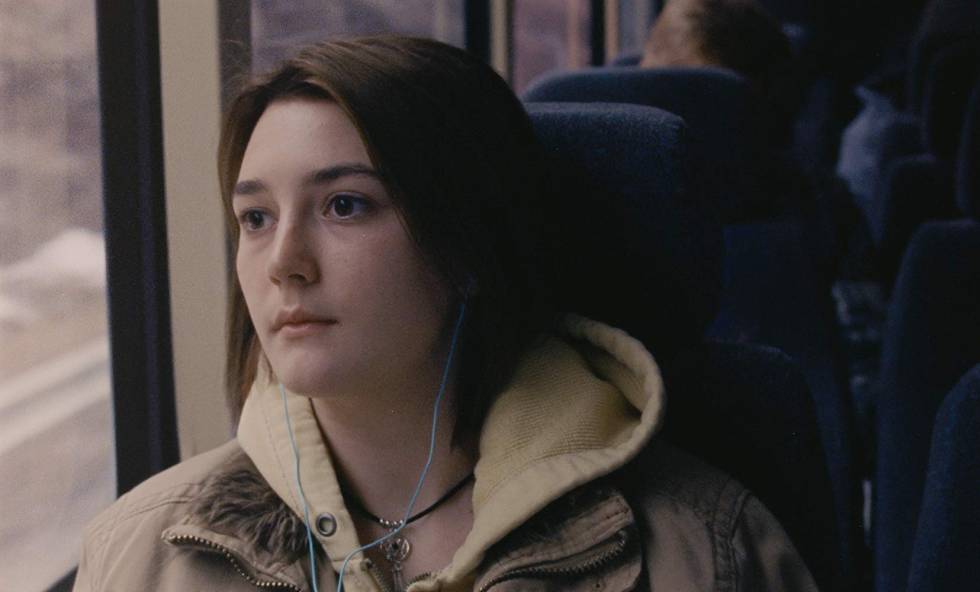No, Netflix’s “Cuties” Is Not Child Porn

To describe the recent backlash over Netflix’s Cuties as the dumbest thing to happen in 2020 isn’t quite accurate. After all, this is a year where the President of the United States mused about the possibility of Americans injecting themselves with bleach in order to kill the coronavirus, prompting the Consumer Product Safety Commission to warn citizens that, no, consuming cleaning products is not in fact a good idea. Every era has its own advancements, and to live in America in 2020 is to bear witness to astonishing breakthroughs in the field of stupidity. So, when a U.S. Senator sent a letter last week to the Attorney General urging him to mobilize the Department of Justice and investigate Netflix—specifically, to determine whether the streaming giant, in releasing a motion picture, had “violated any federal laws against the production and distribution of child pornography”—it probably wasn’t the most flagrant example of rank idiocy to infect our nation’s shores over the past year. But it was very, very dumb.
Or maybe it was more insidious than inane—a trolling maneuver designed to own the Hollywood libs. Regardless of intent, the result is that Cuties—which, in point of fact, happens to be a French coming-of-age film directed by Maïmouna Doucouré—has now been vociferously condemned as an exploitative piece of pornographic filth, both by the conservative mainstream (multiple Republican senators got in on the act) and the lunatic fringe (QAnon, 4chan). The outcry has been as loud as it is ludicrous; as of this writing, over 650,00 people have signed a Change.org petition urging Netflix customers to cancel their subscription, while hashtags like #CancelNetflix and #NetflixPedofilia (in Latin America) have trended on Twitter. Read More




